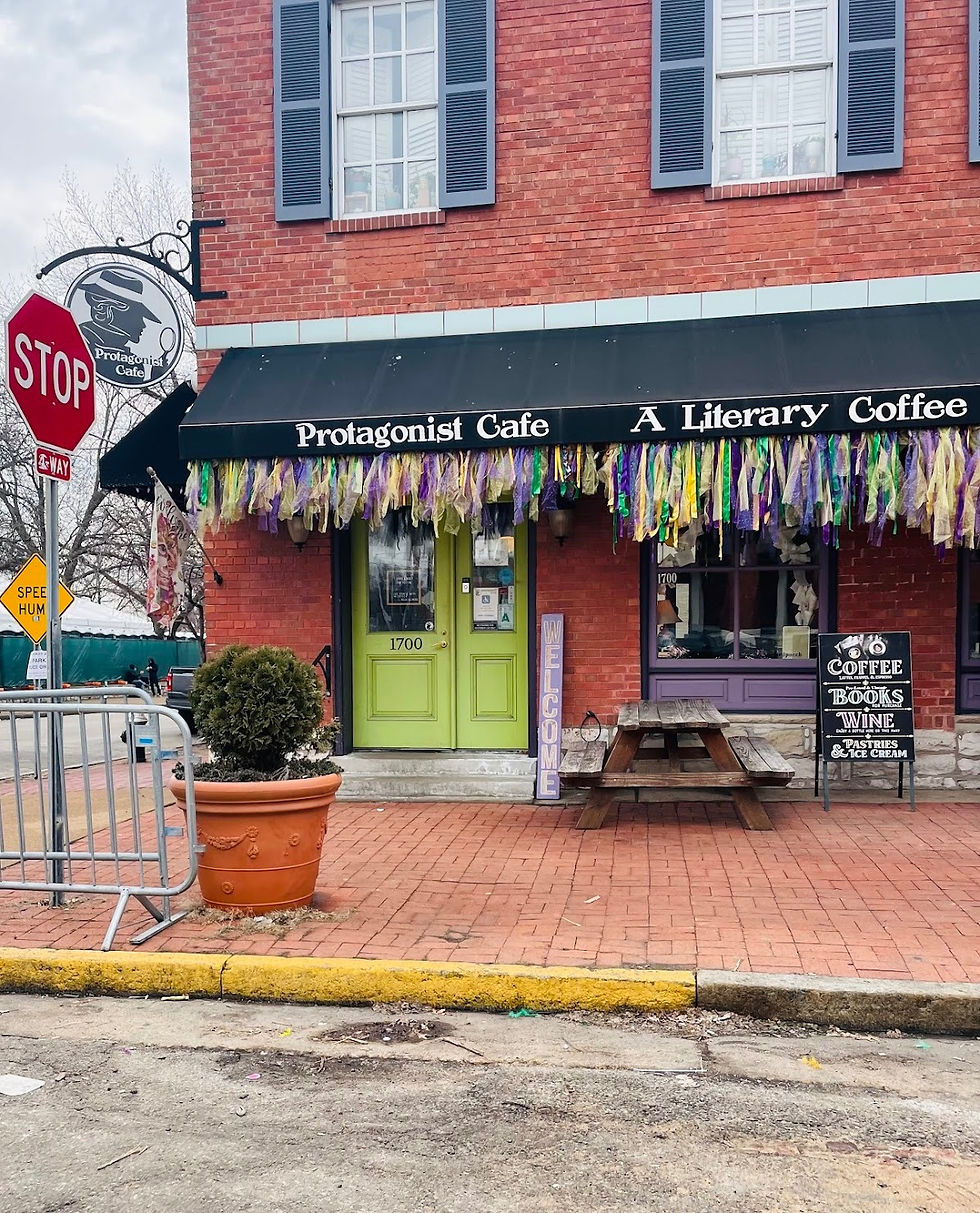The Launch of Harold Trisler’s new book, “Finding the Lost Dalton” at the Marshal’s Museum!
- Joyce Faulkner
- Jul 25, 2023
- 2 min read

Announcing the launch of historian Harold Trisler’s new book, “Finding the Lost Dalton,” at the US Marshal’s Museum in Fort Smith, Arkansas, on Saturday, August 5th, 2023 from 10:00 am to 3:00 pm. The book features Harold’s research with contributor David Higginbotham and the beautiful artwork of Brett Short. For all it’s new information and years of work, it’s a quick easy read that will both entertain and educate people of all ages.
We look forward to seeing folks there to meet Harold and learn about “Finding the Lost Dalton.“ He will share with you how he tracked down this incredible story and why it means so much to him…and all of us who know and admire him for this work…that the launch is at the beautiful Marshal’s Museum…open at last.
***
Review by Tom Wing
Thanks for the shout out in the book Harold! I enjoyed this, and it's so good! cant wait to see it in book form! Congratulations! Finding the Lost Dalton, by Harold Trisler is an important contribution to the historiography of the Deputy US Marshals of Fort Smith but more than that, it is a good story. Trisler focuses on one of the many US Deputy Marshals of Fort Smith whose life ended in a gunfight. More US Marshal personnel died in the line of duty from Fort Smith than any other district in the United States. Frank Dalton, whose brothers met a tragic end of their own, and Deputy James Cole tried to serve a warrant on Dave Smith for larceny and for introducing liquor into Indian Territory. What is well known is Smith resisted arrest, a gunfight ensued, and Deputy Marshal Dalton and Smith were killed. What is not known is exactly where and perhaps why this occurred. Trilser does an excellent job of taking the reader through the twists and turns of historical research. Hunches appear that develop into theories, sometimes proven, or at least partially, and may confirm a research path, but other times result in dead ends and a trip back to square one. Trisler does a masterful job in pulling together a wide range of evidence, including maps, interviews, newspaper accounts, descendant and family stories, as well as court documents. From the evidence he presents logical answers to the unknowns of the story. Speaking for those long gone is a responsibility for those who write history. Trisler exercises compassion, respect, and caution in speaking for and about these people. The book is well cited and includes the popular counts of the event as well as primary resources. Of particular interest to me is that Trisler answered what we call in interpretation the “So What?” question. What does this mean, or why does it matter today? Some of us enjoy learning more about the past, but we can all gain from understanding how our shared and collective past affects us today. Harold Trisler’s effort to fill in some gaps on Frank Dalton is good history that challenges us to think about today and the future.
Tom Wing
Assistant Professor of History
Director, Drennen-Scott Historic Site
University of Arkansas-Fort Smith
Board of Trustees,
Arkansas Historical Association (2025)


Comments